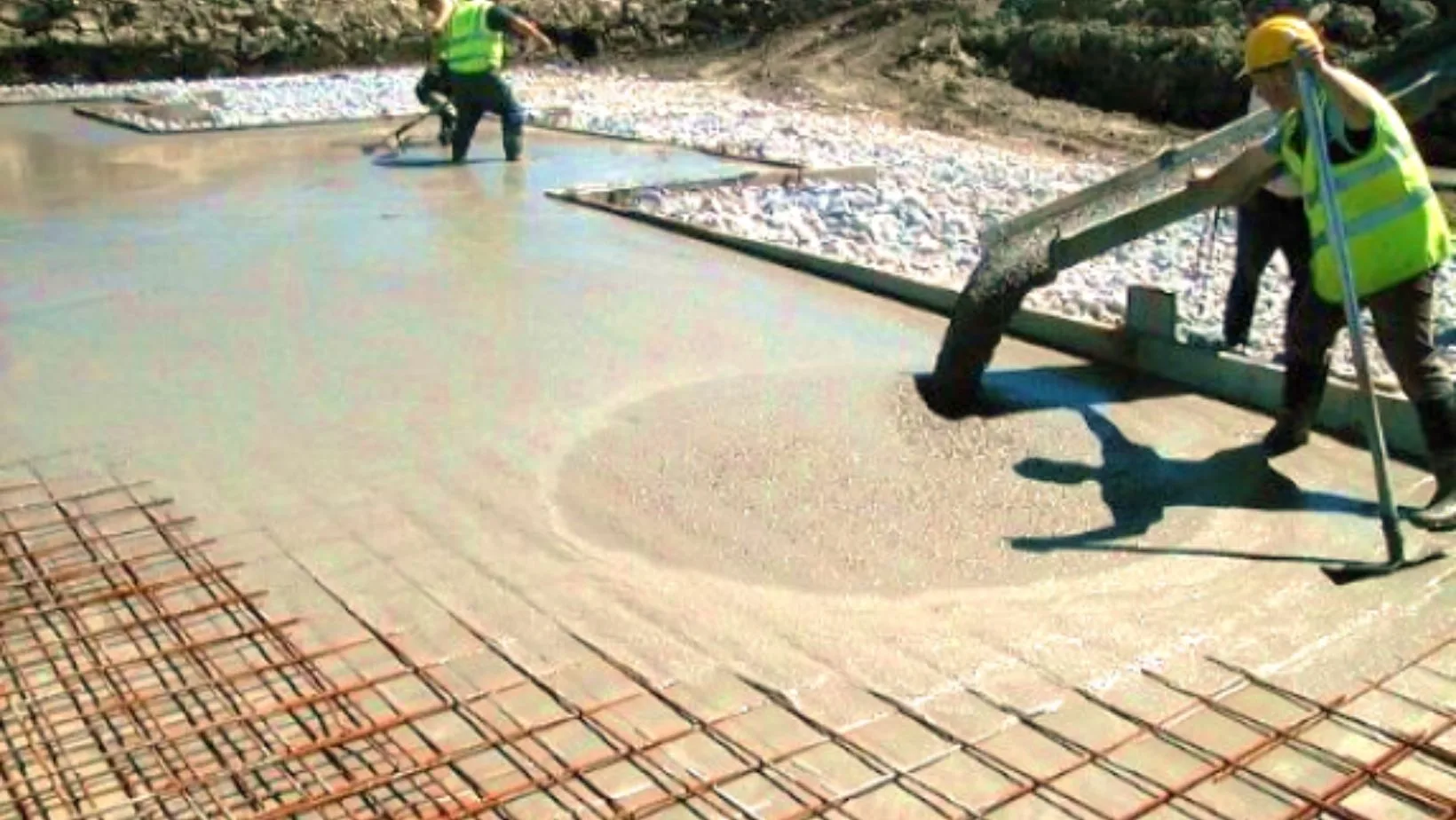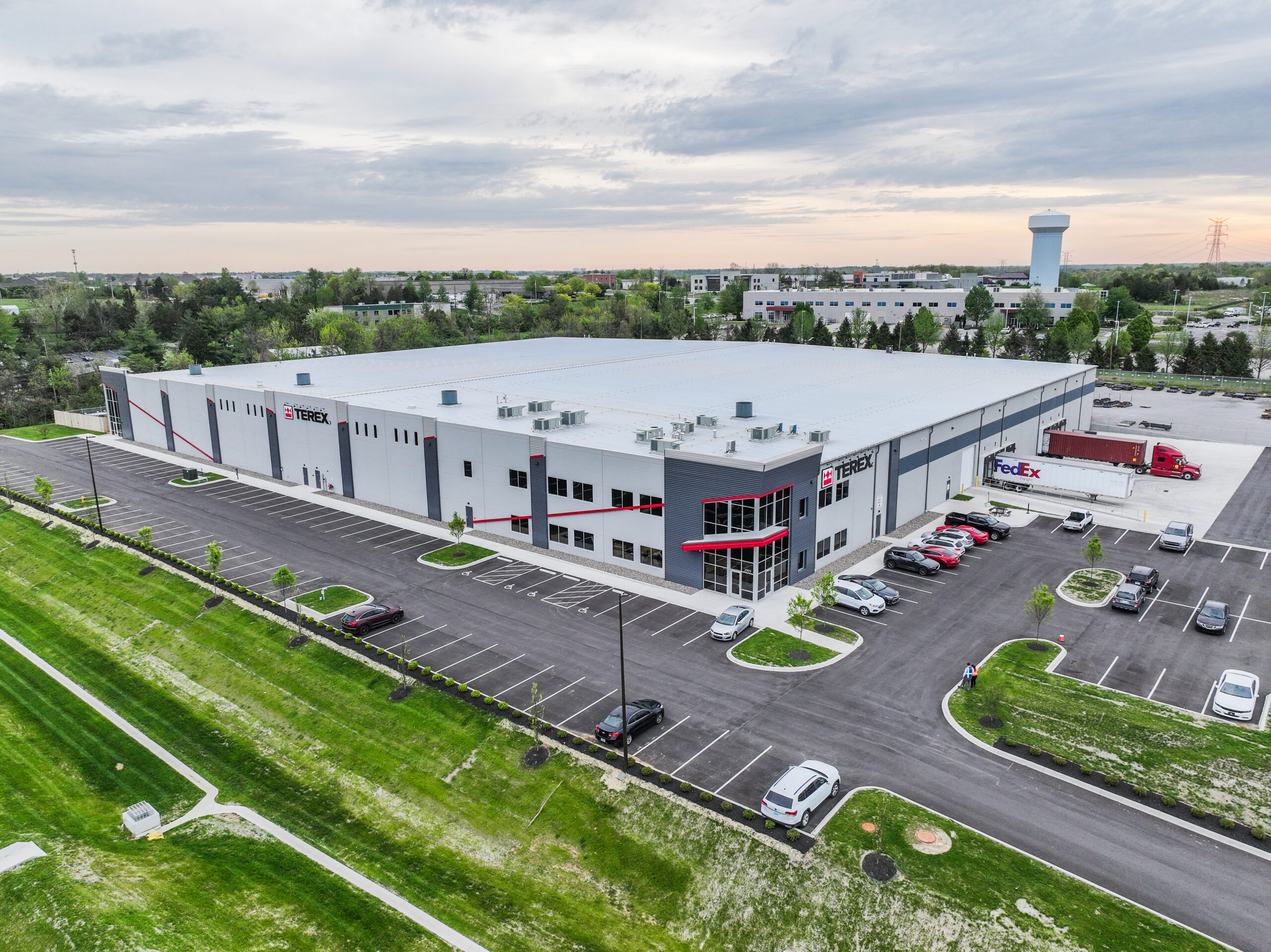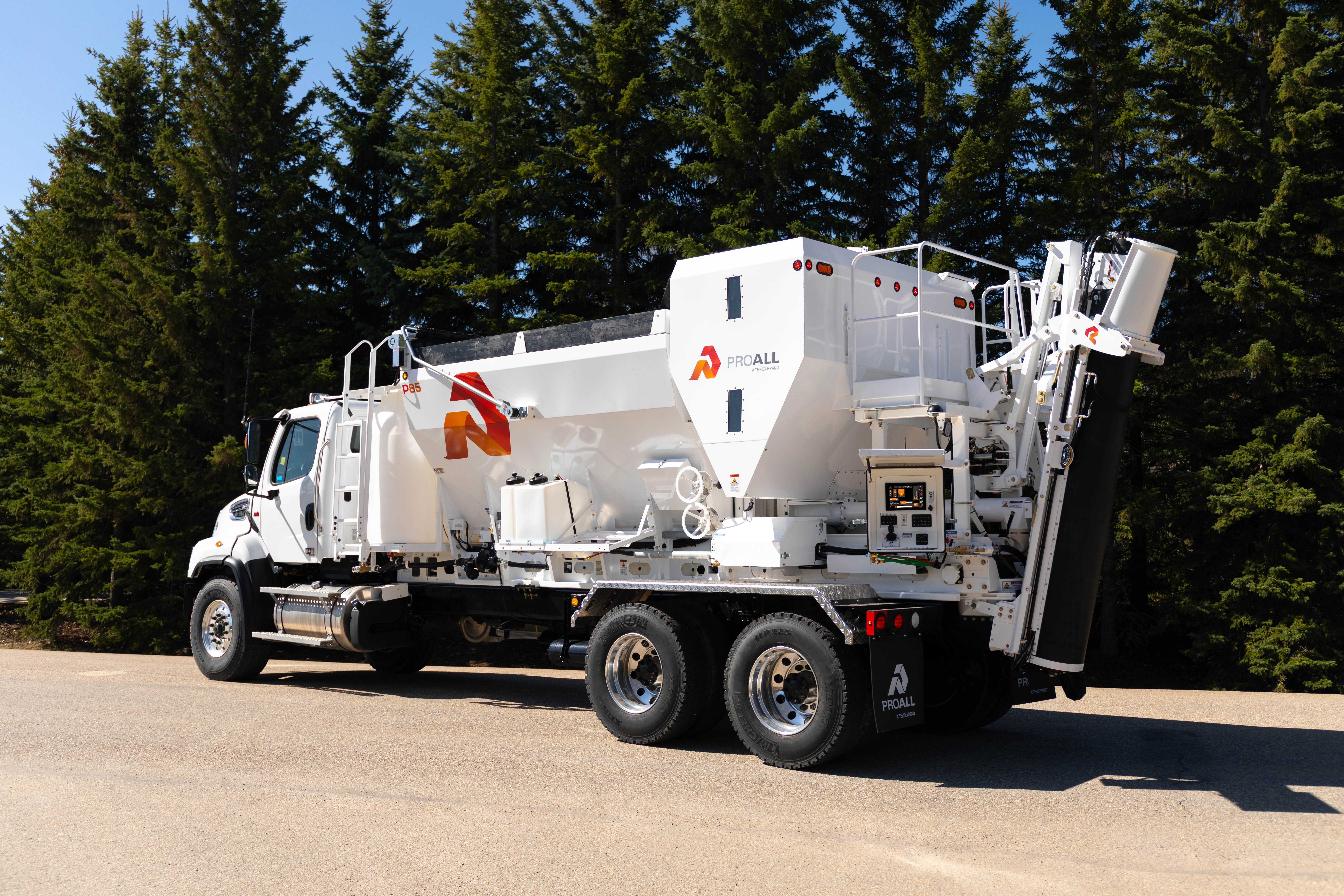
The Advantages of Self-Consolidating Concrete
Self-consolidating concrete (SCC) is revolutionizing the construction industry with its remarkable flowability and eliminating external compaction. This specialized type of concrete mix possesses unique properties that differentiate it from traditional concrete mixes. In this blog post, we will explore the characteristics, materials, applications, and best practices of SCC, showcasing its advantages and why it has become the preferred choice for various construction projects.
Unveiling the Distinctive Properties of SCC
SCC’s outstanding flowability, along with its resistance to segregation, bleeding, and honeycombing, results from careful material selection and mix design. The inclusion of admixtures like superplasticizers and viscosity-modifying agents enhances workability and flowability. Proportional balancing ensures desired characteristics such as slump flow, passing ability, and filling capacity, making SCC highly deformable and easily self-consolidating.
Eliminating the Need for External Compaction
Unlike traditional concrete mixes, SCC reduces or eliminates the requirement for external compaction methods such as vibration. Its exceptional flowability and self-consolidation enable the effortless filling of complex formwork and areas with congested reinforcement. With lower yield stress, SCC efficiently fills voids under its weight, resulting in time, labor, and resource savings during construction. This enhanced productivity and cost-effectiveness contribute to its growing popularity.
Versatility and Applications
SCC’s superior flowability and self-consolidating properties make it a versatile choice for diverse construction scenarios. It excels in areas where traditional concrete requires extensive vibration for complete compaction. SCC finds applications in projects involving complex formwork, highly congested reinforcement, and architectural concrete with a desire for a flawless surface finish. SCC enhances construction efficiency, quality, and durability from high-rise buildings to precast components.
Best Practices and Considerations
To maximize the benefits of SCC, proper preparation of the foundation and stable formwork support are crucial. Skilled labor and experience are necessary for accurate mixing and pouring to maintain the desired proportions and flowability. Curing SCC requires special attention to ensure optimal strength and durability. Adhering to best practices throughout the construction process ensures that the full potential of SCC is achieved.
Self-consolidating concrete (SCC) offers a range of advantages by enhancing flow, efficiency, and construction practices. Its unique properties, achieved through careful material selection, mix design, and proportioning, make it an ideal choice for projects with complex formwork, congestion, and architectural finishes. By utilizing SCC, construction professionals can achieve durable, high-quality results that meet or exceed industry standards, transforming how we approach concrete construction.


